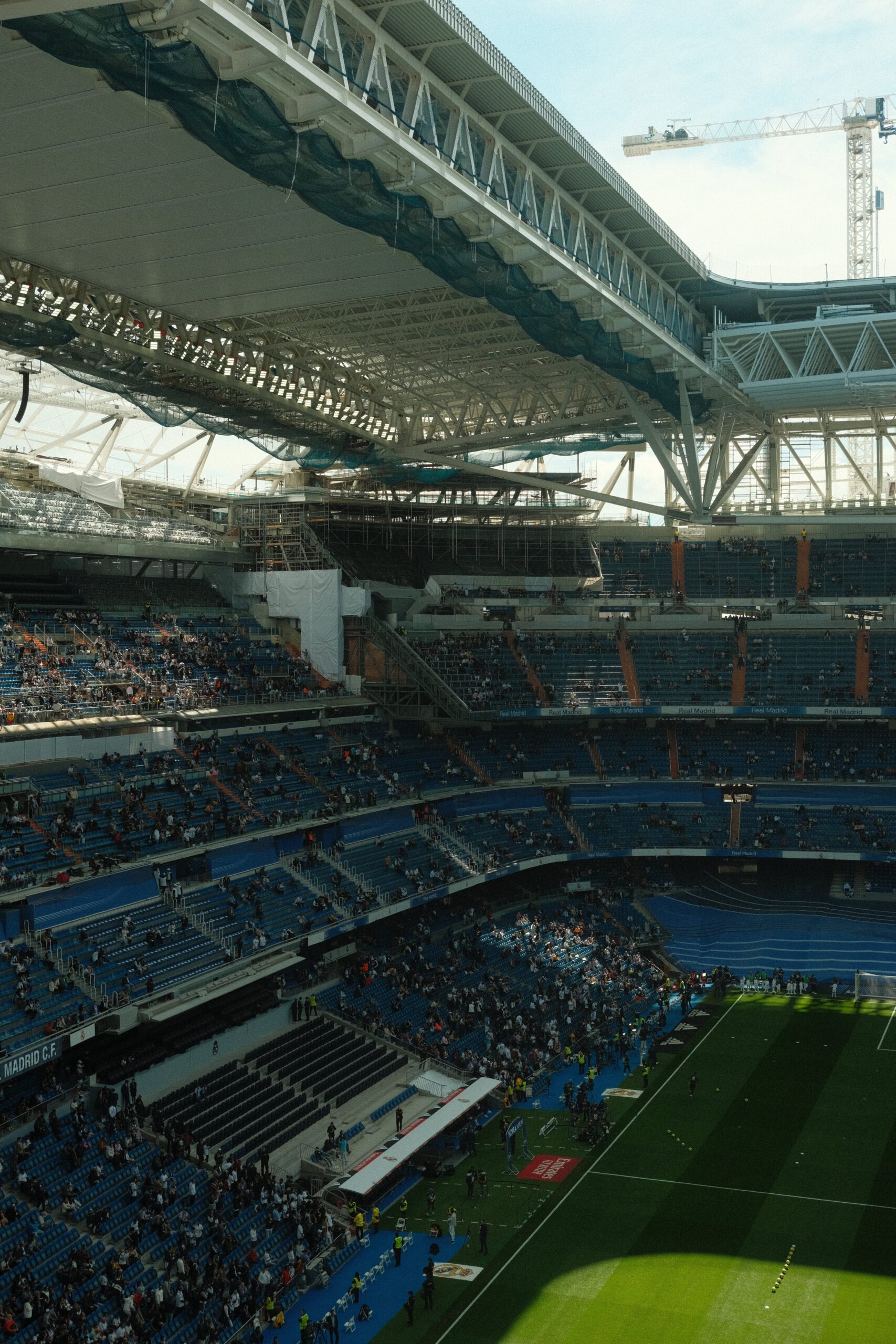As anticipation mounts for the selection of host cities and stadiums for the 2030 FIFA World Cup, the Joint Bid Committee has issued a statement clarifying that no decision has been made yet. With football fans across the globe eagerly awaiting news of where the most prestigious tournament in football will be held, speculation has been rife regarding potential host nations and iconic venues. However, the Committee’s recent announcement underscores the meticulous planning and deliberation required in the lead-up to such a monumental event.
In a press release issued earlier today, the 2030 Joint Bid Committee emphasized the complexity of the decision-making process, highlighting the myriad factors that must be considered when selecting host cities and stadiums. From infrastructure readiness and logistical feasibility to cultural significance and fan engagement, the Committee faces a daunting task in ensuring that the tournament is a resounding success on all fronts.
One of the key considerations for the Committee is striking a balance between tradition and innovation, honoring the rich history of the FIFA World Cup while embracing the spirit of progress and inclusivity. With the tournament set to mark the centenary of the World Cup, there is immense pressure to deliver an unforgettable experience that pays homage to the game’s storied legacy while charting a course for its future evolution.
While several nations have expressed interest in hosting matches for the 2030 FIFA World Cup, including joint bids from multiple countries, the Joint Bid Committee remains steadfast in its commitment to thorough and transparent decision-making. As such, no announcements regarding host cities or stadiums will be made until a comprehensive evaluation process has been completed.
In addition to selecting host cities and stadiums, the Committee is also tasked with ensuring that the tournament leaves a lasting legacy that extends beyond the realm of football. From promoting sustainability and environmental stewardship to fostering social cohesion and economic development, the 2030 FIFA World Cup has the potential to serve as a catalyst for positive change on a global scale.
As football aficionados eagerly await news of where the 2030 FIFA World Cup will be held, the Joint Bid Committee’s measured approach serves as a reminder of the immense responsibility that comes with hosting one of the world’s most beloved sporting events. While the final decision may still be shrouded in uncertainty, one thing is certain: the 2030 FIFA World Cup promises to be a celebration of football’s enduring spirit and universal appeal, bringing together nations and cultures in a shared celebration of the beautiful game.



